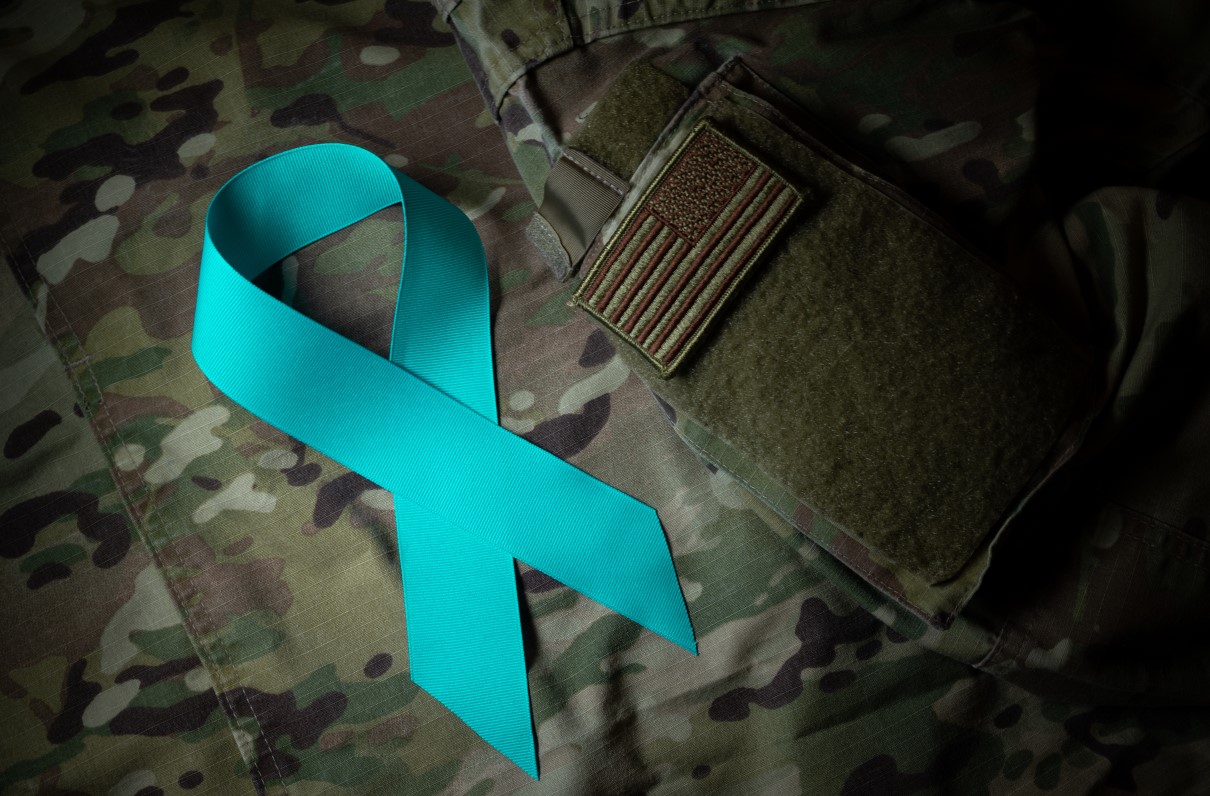A July report from DoD’s Independent Review Commission (IRC) on Sexual Harassment and Assault offers 80 recommendations, largely accepted by lawmakers and DoD senior leaders, to improve administrative policy, address a lack of resources, change the Uniformed Code of Military Justice, and fix DoD’s investigative functions that have failed servicemembers.
The report, Hard Truths and the Duty to Change, does indeed reveal very hard truths for leaders to reconcile. One example: One in four female servicemembers were sexually harassed in 2018, and more than 20,000 servicemembers were victims of sexual assault that same year (13,000 women and 7,500 men), but “DoD received only 1,781 reports of sexual harassment in FY20,” the report found.
“Military leadership has failed America’s daughters and sons, and the Service members know it,” the report states.
With an average investigation taking up to a year due to resourcing problems with investigators, legal capacity, and medical personnel, many female servicemembers have lost trust with their chain of command. The current system leaves the victim, the accused, and the commander in legal limbo. The accused remains in their formation and becomes painful evidence to other servicemembers that the system does not work and reporting a problem is not worth it.
MOAA and The Military Coalition (TMC), a group of organizations representing more than 5.5 million members of the uniformed services community, have advocated for improvement to accountability and resource enhancement of sexual harassment and assault prevention programs and administrative policy.
The report includes TMC’s goals to shorten investigation times and establish a time standard to drive a manpower study. The IRC also included the goal to authorize administrative separation actions for those with substantiated cases of harassment, similar to misconduct related to alcohol or drug incidents.
[RELATED: DoD Faces Difficult Path Ahead in Fight Against Sexual Assault, Harassment]
Current policy that requires initiating immediate separation actions for alcohol or drug incidents is an example of how DoD has changed its culture since the 1980s. MOAA and TMC will continue to advocate for the currently serving through improved standards and resources. You can learn more about these efforts at this link.
As the DoD IRC concluded its 90-day effort, its director, Lynn Rosenthal, encouraged military and veterans service organizations to remain vigilant on implementation of the recommendations. Many of the resource changes will take years to complete, as DoD seeks to build specialized expertise with prosecutors and investigators of special victim crimes.
NDAA Proposals
Early versions of the FY 2022 National Defense Authorization Act (NDAA) include language designed to address these issues. While the text of the Senate’s version had not been released as of Aug. 4, an executive summary lists several proposed changes, including:
- Moving the decision to prosecute sexual assault cases from the chain of command and to military prosecutors.
- Allowing the DoD Safe Helpline to accept both unrestricted and restricted reports, and providing additional support to those making reports.
- Requiring multiple reviews of installations regarding command climate and sexual assault/harassment prevention programs.
[FROM MILITARY TIMES: More Than Half of Women Soldiers Reporting Sexual Harassment Say It Is ‘Serious’ and ‘Persistent’: Study]
What About the VA?
Concerns also remain over the VA as DoD’s own reports indicate a substantial number of those who have left the service without reporting military sexual trauma (MST).
“The VA needs to conduct their own Independent Review Commission,” Rosenthal said.
Barriers to receiving help exist, and treatment requires specialists trained in understanding trauma and revictimization. The VA has centralized MST-related rating claims to five locations, a move designed to “further improve benefits delivery to Veterans … by enhancing the efficiency, accuracy, and timeliness by placing these cases in the hands of well-trained, experienced employees,” wrote Thomas Murphy, VA’s acting undersecretary for benefits, in a letter to veteran senior leaders.
The VA will continue to maintain MST outreach coordinators at each of its 56 regional offices, Murphy wrote. The grant rate for MST claims stands at 72%, per the letter, up from 50% in 2015, the result of “a concerted VA effort,” Murphy wrote. Learn more about MST-related VA claims at this link.

